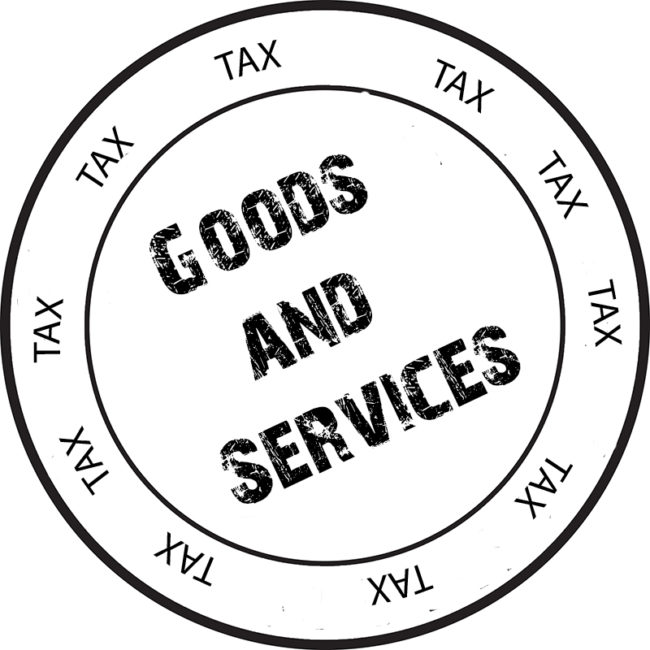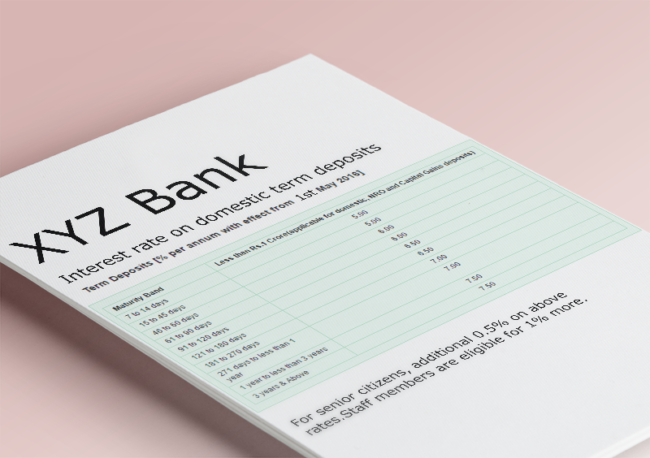SIDBI: Role of Small Industries Development Bank of India in growth of MSME sector
Small Industries Development Bank of India (SIDBI) set up on 2nd April 1990 under an Act of the Indian Parliament, acts as the Principal Financial Institution for the Promotion, Financing, and Development of the Micro, Small, and Medium Enterprise (MSME) sector as well as for co-ordination of functions of institutions engaged in similar activities. The…








